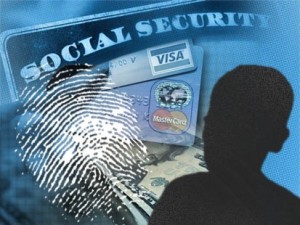“… (the defendents) found boxes of monthly credit card receipts from previous hotel guests. Box by box, they and others lifted  them from the hotel, officials allege…”
them from the hotel, officials allege…”
The receipts, officials say, helped the men manufacture counterfeit credit cards in document “boiler rooms†and card “chop shops,†which they then used to buy $300,000 worth of merchandise in Texas, Oklahoma and Louisiana.
The merchandise, which included tow trailers, televisions, all-terrain vehicles and tires, then was resold or pawned.
The hotel didn’t learn of the thefts until August 2008, and since then, federal investigators have learned at least 17,000 receipts were stolen in what they say is San Antonio’s largest identity theft case.
Details had remained sketchy until the ringleader, Ruben “Hollywood†Costello, 36, recently pleaded guilty to ID theft fraud conspiracy, access device fraud, and conspiracy to launder money, and documents in the case were unsealed.
They identify Jones, 34, as his partner in the crimes and name him and Flaharty, 31, as two people who helped take the records from the Emily Morgan.
They also reveal Costello used a network of associates, methamphetamine addicts and others to maintain the scheme, and used an Elmendorf trucking company he ran, RD&N Hauling, to launder the money.
The cardholders never realized their credit card accounts had been compromised until months, even years, after they stayed at the hotel. But the damage made it hard for some of them to get loans and left lingering headaches in trying to straight things out, officials said.“When you look at these types of crimes, you may think the victim is the vendor or the credit card companies,†Assistant U.S. Attorney Tom McHugh said. “What we see is that the person whose identity is stolen, his problems may go on for years.â€








